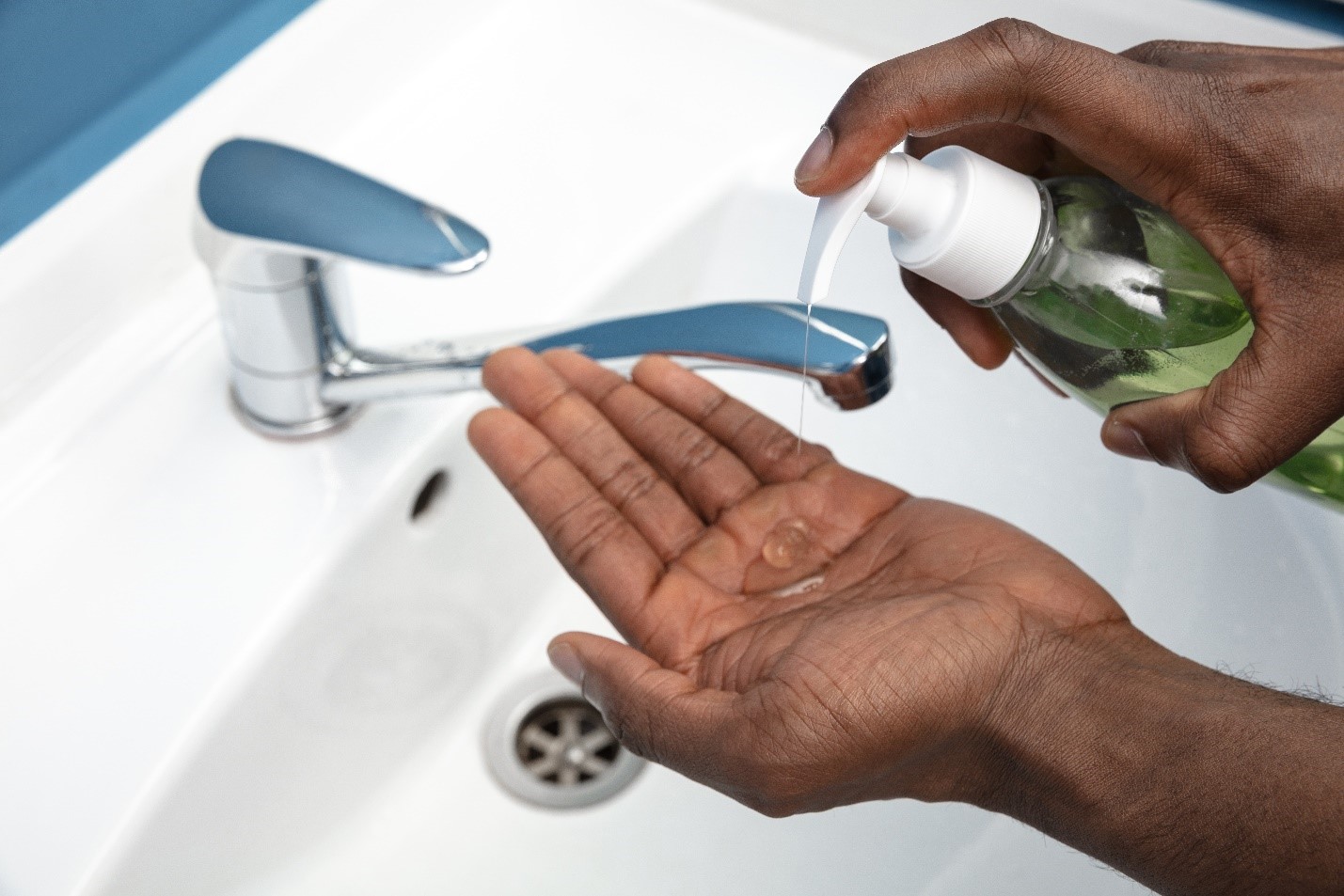In our previous discussion, we defined both the terms ‘Hygiene’ and ‘Sanitation’ and listed the differences between the two and how they both relate. Today, we look at the significant role they both play in society with regard to health.
Sanitation and hygiene are crucial for everyone since they aid in the maintenance of health and the extension of life spans. According to UNICEF, 2.2 billion people in the world do not have access to safe drinking water and more than half of the world’s population lacks access to adequate sanitation. Despite COVID-19 emphasizing the significance of hand hygiene in preventing disease transmission, three billion people globally, including hundreds of millions of school-aged children, lack access to soap-based handwashing facilities. Despite this, 673 million people defecate in the open, thus promoting the spread of communicable diseases. The most susceptible and affected include those who live in rural areas, urban slums, disaster-prone locations, and low-income countries
Every day, over 800 children under the age of five die from diarrhea-related infections that could be prevented if they had access to clean water, sanitation, and hygiene. Furthermore, diarrhea leads to loss of appetite in children, thus resulting in malnutrition. Children are roughly 20 times more likely to die from diarrheal disease in conflict zones than from the fighting itself. Limited access to sanitation has become such a global issue that one out of every four children is stunted. Irreversible physical and cognitive damage results due to this. Every child has the right to grow up in a clean and safe environment. Children who have access to clean water, basic toilets, and excellent hygiene habits not only thrive but also have a healthier start in life.
Let’s discuss some of the reasons why sanitation and hygiene are so important.
- Preventing illnesses and diseases in the family
According to global statistics, many people die in underdeveloped countries due to a lack of sanitation, water, and nutrition. There are several instances in which we are affected by a lack of sanitation or cleanliness in our daily lives. Skin infections are caused by a lack of personal cleanliness, which are both unsightly and contagious to other family members. Even in developed countries, eating contaminated food has been demonstrated to be one of the primary sources of worm infections. People who live in run-down dwellings have more asthma attacks, fall more often, have more accidents, and can get microbial infections from germs growing up in their bathrooms and kitchens.
- Taking care of our mental health
Maintaining proper cleanliness and hygiene is also important for their emotional well-being. Mental tension and anxiety have long been related to cluttered environments and a lack of organization, according to studies. Physical and mental health are inextricably linked, and each will always have an impact on the other. A healthy body will nourish a healthy mind, and the reverse is also true.
- Increasing our self-esteem and confidence
Sanitation and hygiene shape our personalities and strengthen our self-perception. We are empowered to be the best versions of ourselves by ensuring our homes, nutrition, and lifestyle are sanitary, as well as ensuring correct personal hygiene care. As a result, individuals have a better self-image and more self-confidence.
- Improving our Social Status
When you come into contact with someone who isn’t clean, how do you react? It could be in the way they smell, their visible skin illnesses, or the activities they engage in. The first thing you feel is disgust, regardless of their behavior or the signs of poor hygiene. You never want it to happen to you keep your social standing high and respected.
- Improving our concentration and productivity
By ensuring the possible physical and mental environment around us, we aid in our development. We are able to develop into well-balanced individuals who seek to be the best versions of themselves and grow in an atmosphere that supports that goal. We will be able to concentrate better on our work or studies because we won’t be distracted or limited. As a result, our output will rise, helping us to obtain greater development and nourishment.
- Improving our quality of life
We provide the ideal atmosphere for ourselves and the people around us by maintaining proper sanitation and hygiene. We are making the most of our living situation and as a result, improving the quality of life for others. The absence of sicknesses and diseases, the absence of psychological disorders, and the growth we experience are all indicators of improved quality of life.
In summary, the provision of a sanitary and hygienic atmosphere is unquestionably at the top of the list in taking care of our loved ones. It helps safeguard our families from unpleasant diseases and health concerns by keeping our homes clean. We are also able to ensure good mental health required to grow up strong and balanced. As a result, our self-esteem improves, we gain confidence, and we are respected and socially accepted. Our productivity in both our personal and professional lives increases. All of these advantages contribute to a higher quality of life for all of you. To learn more on how to ensure hygiene and sanitation, register for our course in Water, Sanitation & Hygiene (WASH) today and get a 10% discount. Subscribe to our newsletter for more blogs regarding this and more topics in the humanitarian sector.
![]()





